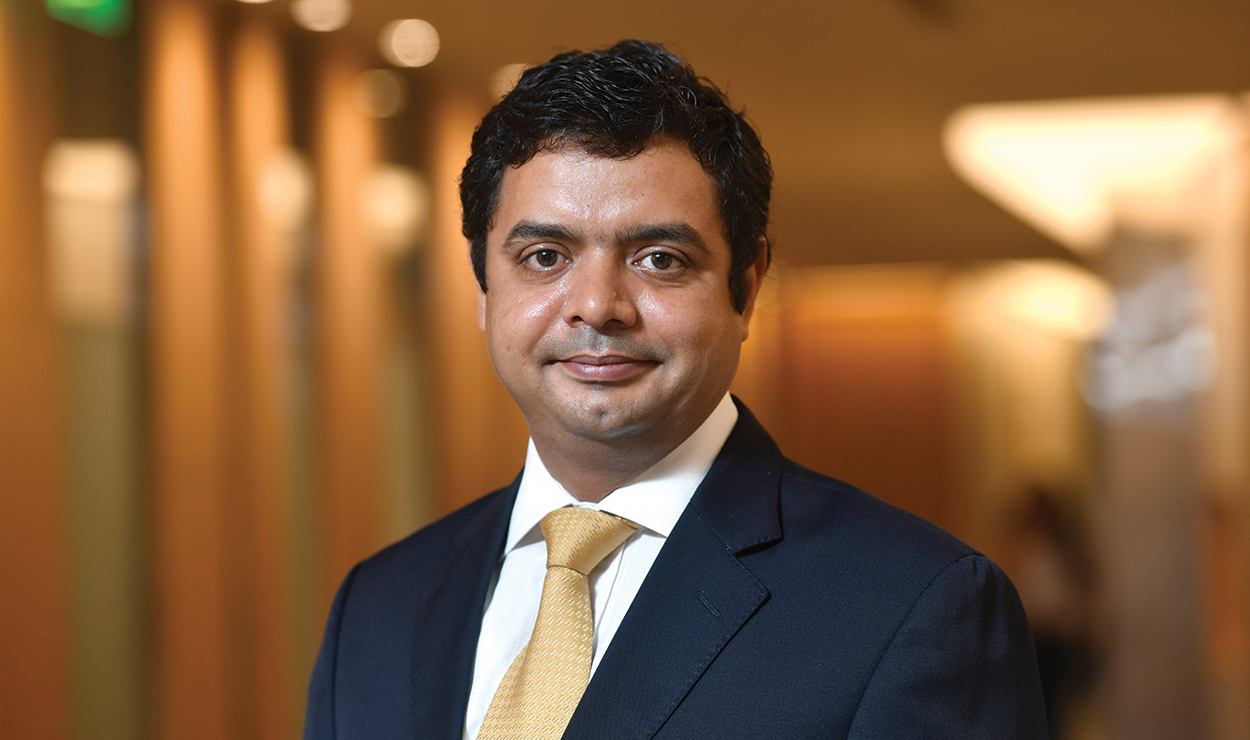
As bank fixed deposits (FD) rates hover around the 4-6% mark, some financial planners are recommending corporate FDs as a way to earn slightly higher returns. However, due to the stress in the economy and corporate balance sheets, there is plenty of risk involved and planners are only recommending a few names in this space. We look at the merits of investing in this product.
"Corporate FDs are good for anyone who wants regular income such as senior citizens. They offer slightly higher rates than bank FDs. We're highly selective and recommend only HDFC Ltd and Bajaj Finance in this space," said Tarun Birani, founder and director, TBNG Capital Advisors.
AAA-rated corporate FDs offer interest in the range of 6-8%, which is slightly more than the 4-6% offered by major banks.
HDFC Ltd (the parent company of HDFC Bank) is a non-banking financial company (NBFC). It offers corporate FDs at an interest rate of 6.20% for a 15-month tenor. Bajaj Finance offers an FD at 6.9% for tenors ranging from 12 to 23 months.
Some planners have made it an integral part of their asset allocation. “We usually recommend that around half of an investor's debt portfolio should be in corporate FDs with the other half in debt funds," said Dishad Billimoria, director, Dilzer Consultants Pvt Ltd.
The rules for premature withdrawal are somewhat more stringent with corporate FDs than bank FDs. You cannot withdraw from them in the first three months of creating the deposits. Thereafter, different companies levy different penalties. For example, HDFC Ltd gives an interest of just 3% if you withdraw between three and six months. Thereafter, it pays the interest applicable for the period for which the deposit is made minus 1%.
In case of bank FDs, withdrawal is a little easier. You get the interest rate applicable for the period for which the FD is maintained minus 1%. However, for sweep-in FDs, even this penalty is not applied.
The interest on corporate FDs is taxable at your slab rate. From FY2020-21, a company will also deduct TDS on the corporate FD interest at 7.5% if the interest exceeds ₹5,000 for Indian residents.
The tax treatment makes this product somewhat unattractive for affluent individuals. This is because listed corporate bonds, even of the same issuers, are only taxed at 10% if held for more than one year (long term capital gains tax).
“For HNIs, corporate bonds are more tax efficient. You can also buy secured bonds compared with corporate FDs, which are unsecured," said Gaurav Awasthi, senior partner, IIFL Wealth Management. “It is also a case-to-case evaluation. For example, if an FD has a higher yield than the bond of the same company, and the investor's tenor is less than one year, then it takes away the bond's tax advantage," Awasthi added.
Some planners remain skeptical of corporate FDs due to the risks involved. "Most of my clients are HNIs and they're pretty risk averse in debt now. The gap between corporate and bank FD rates isn't big enough to persuade them to take on that higher risk. The thinking would've been a lot different pre-covid-19, but now there is a lot of fear among investors. If someone is really interested, I only recommend AAA corporate FDs," said Anand K Rathi, founder partner and investment manager, Augment Capital Advisors.
Corporate FDs offer higher interest than bank FDs but they are also riskier. Stick to AAA-rated corporate FDs to reduce your risk in this space.

Read the original article:
Mint
